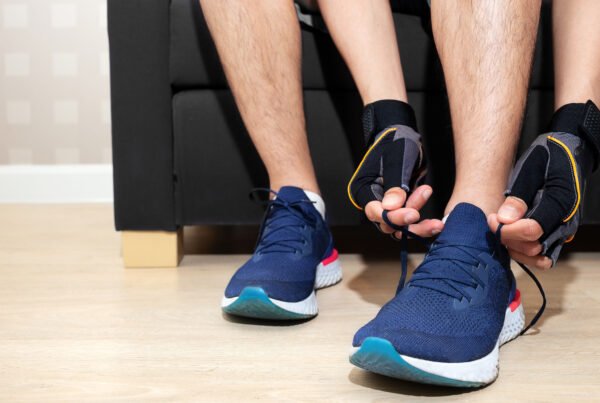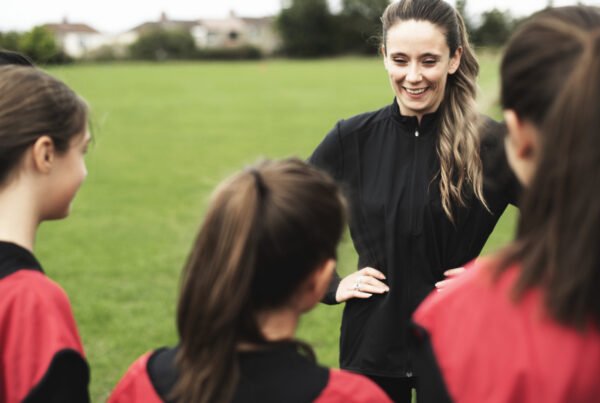Abstract
The purpose of this study is to explore how sport-based youth development (SBYD) programs integrate the teaching of life skills. It also aims to understand how youth participants experience the life skills during the program, and how they perceive their impact beyond the program. The study focuses on the New Zealand based Billy Graham youth development programme that uses boxing as a context to teach life skills to youth.
Methodology
The study examines the role of life skills in an SBYD program through the lens of Jacob and Wright’s (2018) conceptual model for life skills transfers. This model includes the four components of program implementation, student learning, cognitive connections, and application. Research took place across three community boxing academies committed to implementing a life skills framework called the Passport to Success. Forty-one youth (31 boys, 10 girls) across the three sites participated in focus group interviews about their experience in the program. Additionally, the daily routines and program implementation of each academy were observed and documented. Using a qualitative case study design, inductive analysis and constant comparative methods were used to identify emergent themes.
Key Findings
Intentional practices were employed by the coaches to reinforce life skills integration. These included expectations for students to memorize the eight life skills advocated in the Passport to Success, copies of which were prominently displayed in the gyms and regularly handed out. Youth participants demonstrated cognitive connections in the value of life skills beyond the boxing program and discussed learning valuable lessons around them. Memorization is a success of the program that stems mainly from conversation and mentoring outside of the boxing experience itself.
Interpretation
The strength of this study is that it draws on the voices of the youth, focusing on their personal experiences and perspectives. These insights are also applicable to community sport in Scotland. A key lesson is that youth participants linked the value of learnt life skills to their own personal experiences, such as at home or at school. This suggests youth participants may require more specific support that acknowledges individual differences and experiences. Flexible programs that allow for a more personalised approach can help achieve this. Interestingly, the success of the program has less to do with the boxing experience itself and more to do with conversational and mentoring tactics employed by coaches. This suggests that simply providing a positive motivational climate with respectful relationships between coaches and participants, as well as reinforcing values through memorisation, can be highly effective.




